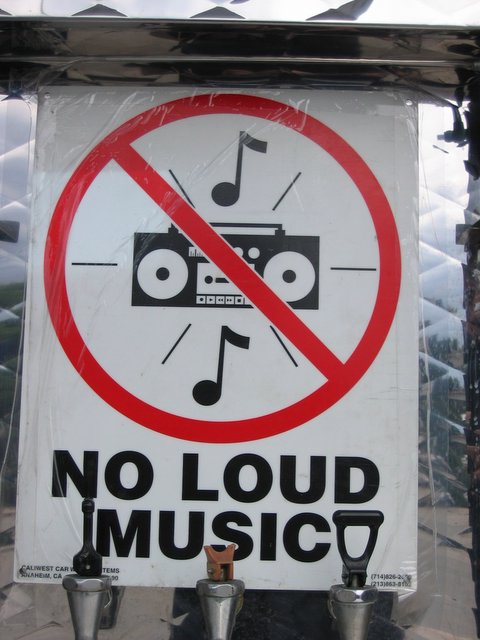Why the "loudness wars" are killing today's music

collision detection: Why the "loudness wars" are killing today's music
Pull out a vinyl record from the 70s or early 80s, and listen to it. Odds are it'll have a big dynamic range -- it'll be whisper-quiet in some parts and booming loud in others. You'll pick up new nuances every time you listen to it. Now listen to any music track recorded in the last ten years, and it'll be radically different. That dynamic range is gone: The entire track is loud, all the way through. The sound sounds a lot more intense, and it "grabs" you more quickly the first time you hear it. But does it still reward re-listening?
Nope, says a writer at Stylus magazine. In this amazing and lengthy piece, he argues that the "loudness wars" are destroying music. Record labels for decades have tried to make records louder, on the mostly-correct theory that louder music is more likely to pull you in on first listen. But the way you make music louder is via "compression". In a normal recording of music, the loudest parts -- the peaks -- are much higher than the quietest ones, the valleys. Compression shrinks the difference between the peaks and valleys, so there's less dynamic range; this frees up more room up top so you can boost the whole volume of the entire song.
I'd agree that this is a large contributing factor to the way much of current music sounds. Once again, art takes a back seat to money.
0 Comments:
Post a Comment
<< Home